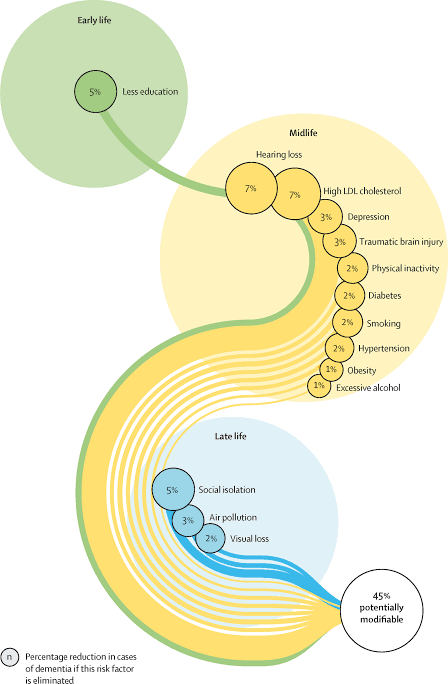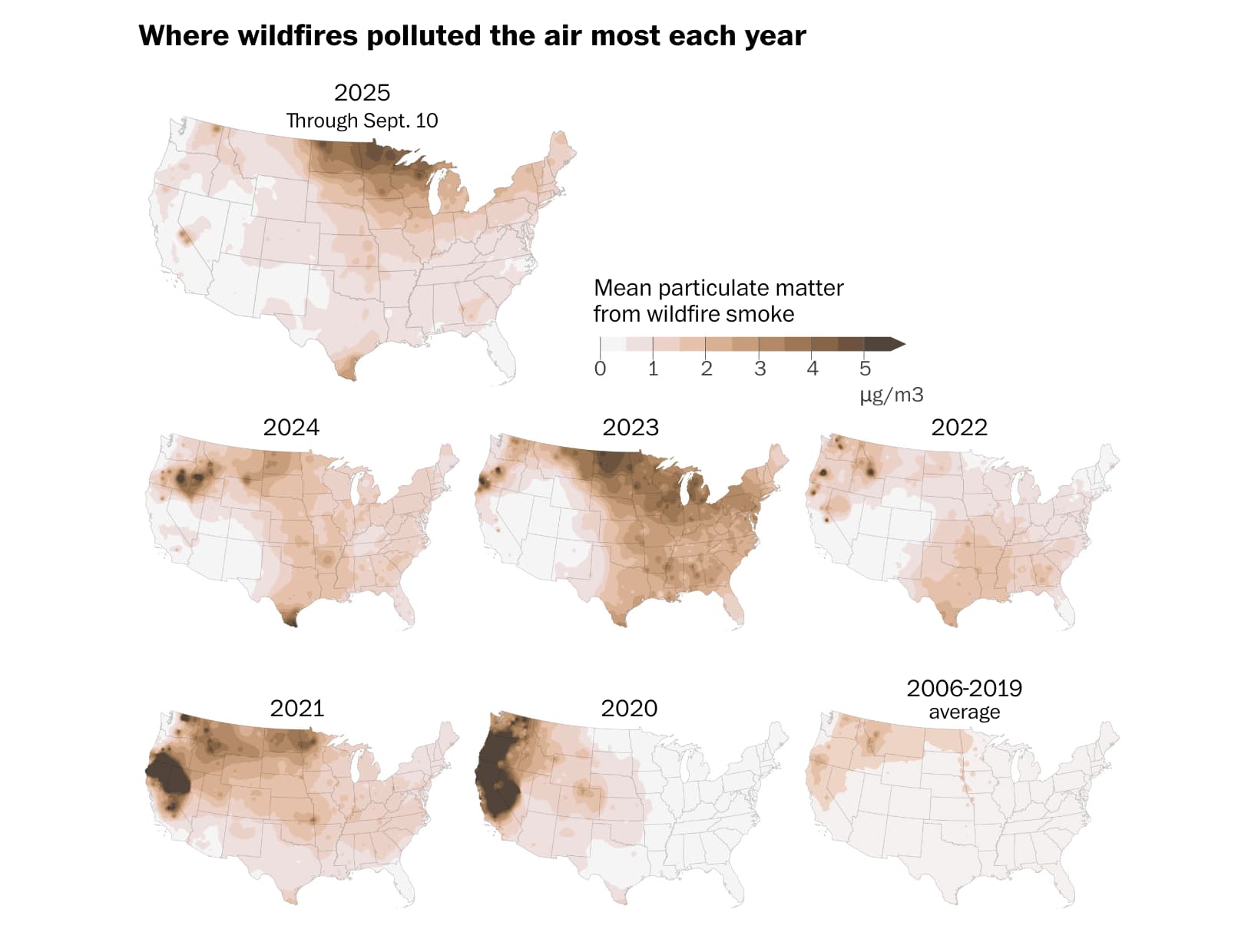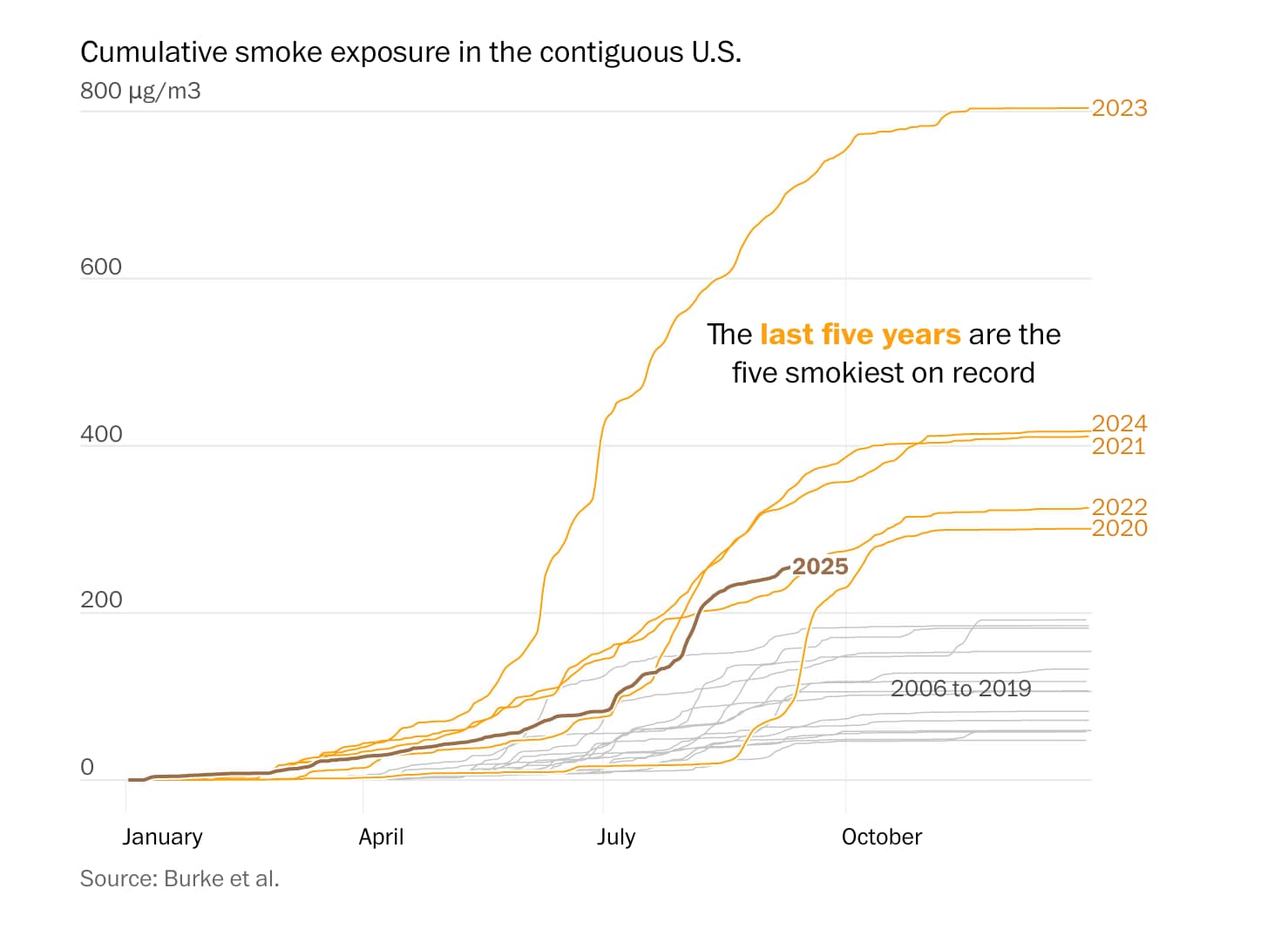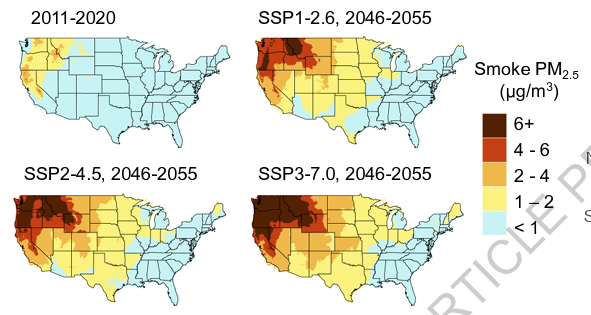OK, I have no doubt that that there are all these effects of air pollution (and water etc.) on health on a population level. But this can easily be misunderstood. Air pollution is not a new phenomenon. There have been extremely polluted environments since before the industrial revolution but especially so after. We have extreme examples with mine workers, black lung disease and so forth. But car exhaust pollution (including leaded gasoline) has been around for decades in major cities around the world, London, Tokyo, NY, LA etc. Has there really been an epidemic of AD, PD and all these effects from 50’s onward? We’ve had the famous smog deaths in London, but what about long term effects? It’s only been relatively recently that we’ve removed lead from gasoline.
Meanwhile, epic levels of air pollution in places like China, India, Indonesia and parts of Europe back in the day - some persist to this day, New Delhi, Kolkata, Mumbai and cities in China still suffer from quite a bit of air pollution. So my question is: WHERE ARE THE BODIES?
Where are there legions of PD, AD and so on? If I look at the map of the “PD belt” (you can google for it), it doesn’t map to the obvious air pollution cities. Are there epic levels of AD per 1000 population in places where air pollution has been bad for decades, like Los Angeles CA? I don’t think so.
Again, I’m not doubting the data, or the impact of air pollution. Just that it’s only one factor of many (in rates of PD, AD, cancer, CVD, and so on), and - dare I say it - not an especially important one (compared to others), if one goes by the numbers. YMMV.
The same is true for many other things, like plastic pollution. I have zero doubt that microplastic particles get into the human body and are a definite negative. The problem is we don’t know the relative size of the problem compared to other pollutants and impact on health.
It’s good to be aware of the dangers of air pollution and the like, but ultimately we should not lose sight of relative importance. Effort and attention should be apportioned according to the importance of any given factor.
In this context one can ask - we know air pollution is bad for health in the respect of X, Y, Z, but how bad for each and how bad the pollution to get a given outcome. How exercised and paranoid should we get about air pollution (while perhaps neglecting more important factors). One crude way of asking for that is: where are the bodies? YMMV.




